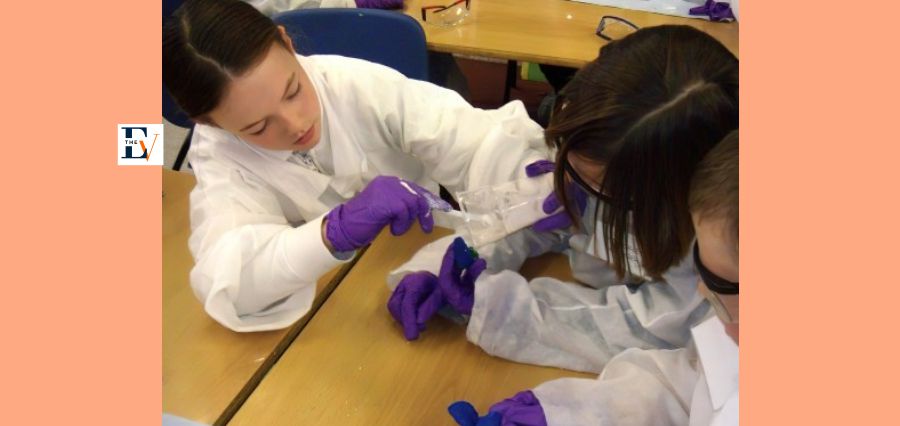An educational science programme run by the University of York’s Centre for Industry Education Collaboration (CIEC) has had a significant positive impact on children’s attitudes towards science and industry, according to a recent study. Over 500 children were asked a series of questions assessing their attitudes toward science, and the results showed increased positive responses for all but two of the 12 questions. Notably, the number of children who stated “Science is my favourite subject” and “I’d like to be a scientist” significantly increased after participating in the Children Challenging Industry (CCI) programme.
Some of the most significant increases were seen in the number of children who responded positively to the statements “Industry is useful,” which saw an increase of 33.5 percentage points, and “Our lives would be worse without industry,” with positive responses increasing by 20.5 percentage points.
CCI is a science education programme delivered in collaboration with STEM companies and aimed at primary school children and teachers. Developed and delivered by CIEC, the programme engages children aged 9-11 in hands-on, problem-solving activities set in real-life industrial contexts and offers professional development for teachers.
Since the CCI programme began in 1996, 62,000 children from 2,100 primary schools, primarily in Yorkshire, the North East, North West, Humber, East of England, and Yorkshire, have participated in practical classroom sessions and associated interactive visits to industry.
Joy Parvin, Director of the Centre for Industry Education Collaboration, said: “I have been involved in the programme since 1996, and I am very proud of all the research and evaluation we have carried out since that time, and especially of the team of researchers and teachers who have worked on this project over the years. This has enabled 62,000 children to participate in this highly interactive programme, carrying out industry-focused science activities not just in the classroom, but on industrial sites around the country, in partnership with STEM professionals from our many industry partners.”
Dr. Maria Turkenburg-Van Diepen, a Research Associate at the University of York, added: “Prior to this study, there was very little research literature about the interaction between primary schools—their teachers and pupils—and local industries. I am so glad the Children Challenging Industry paper is finally here.”
In 1989, England introduced a mandatory national science curriculum for primary schools, recognizing the importance of early education in science. However, research reveals that many children lose interest in STEM by age 11.
Read More: https://theeducationview.com/






